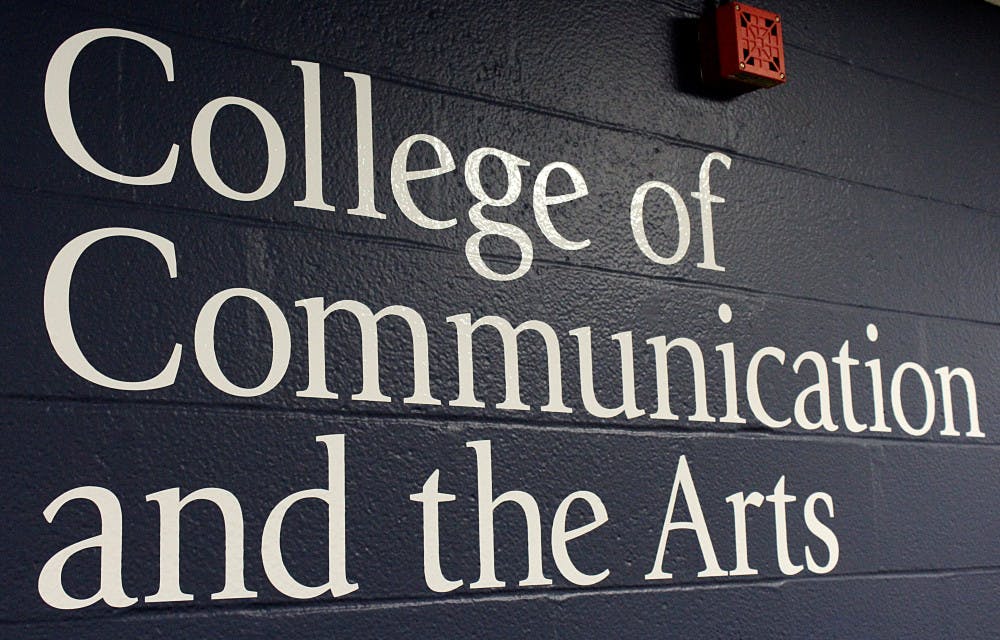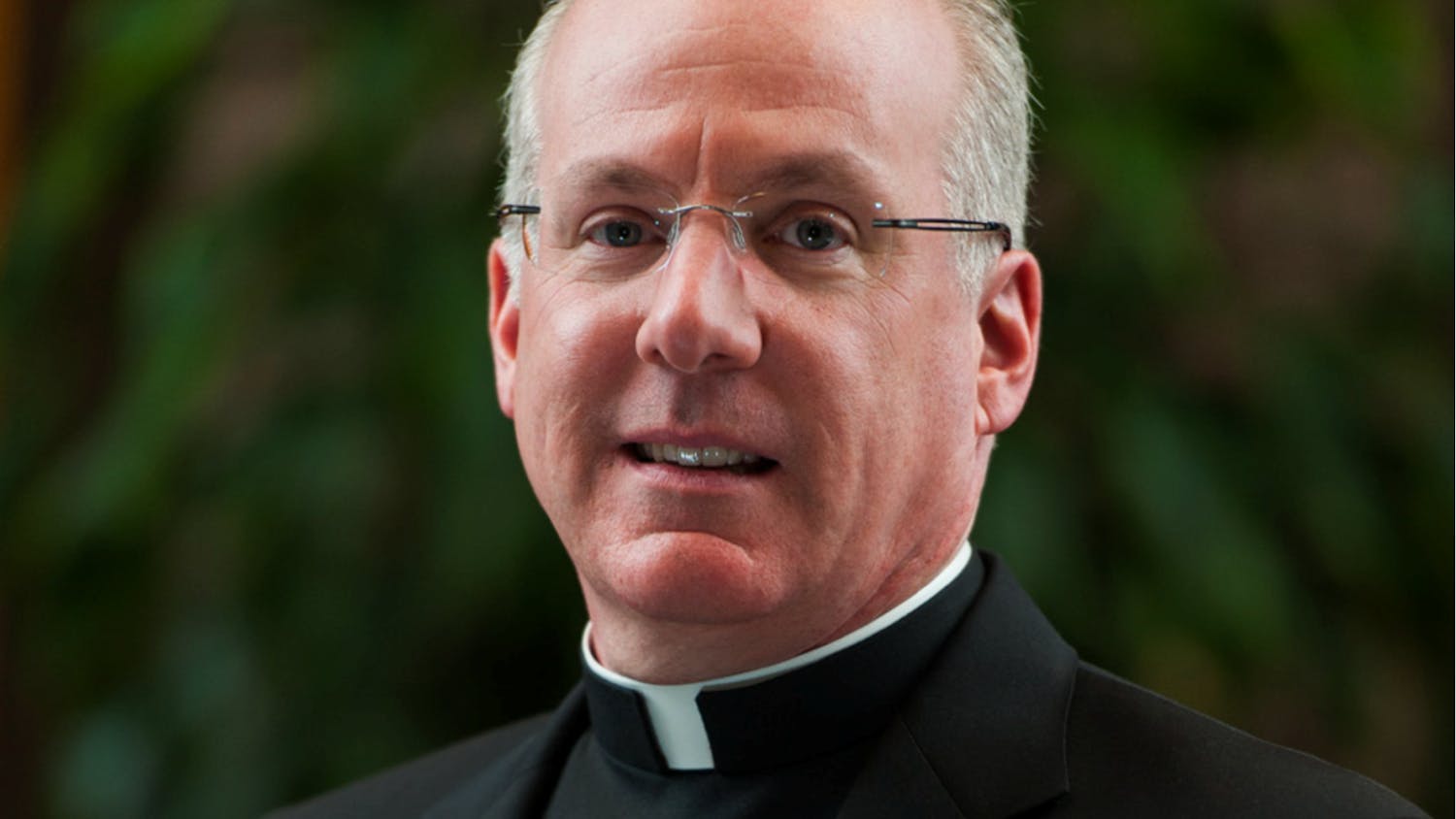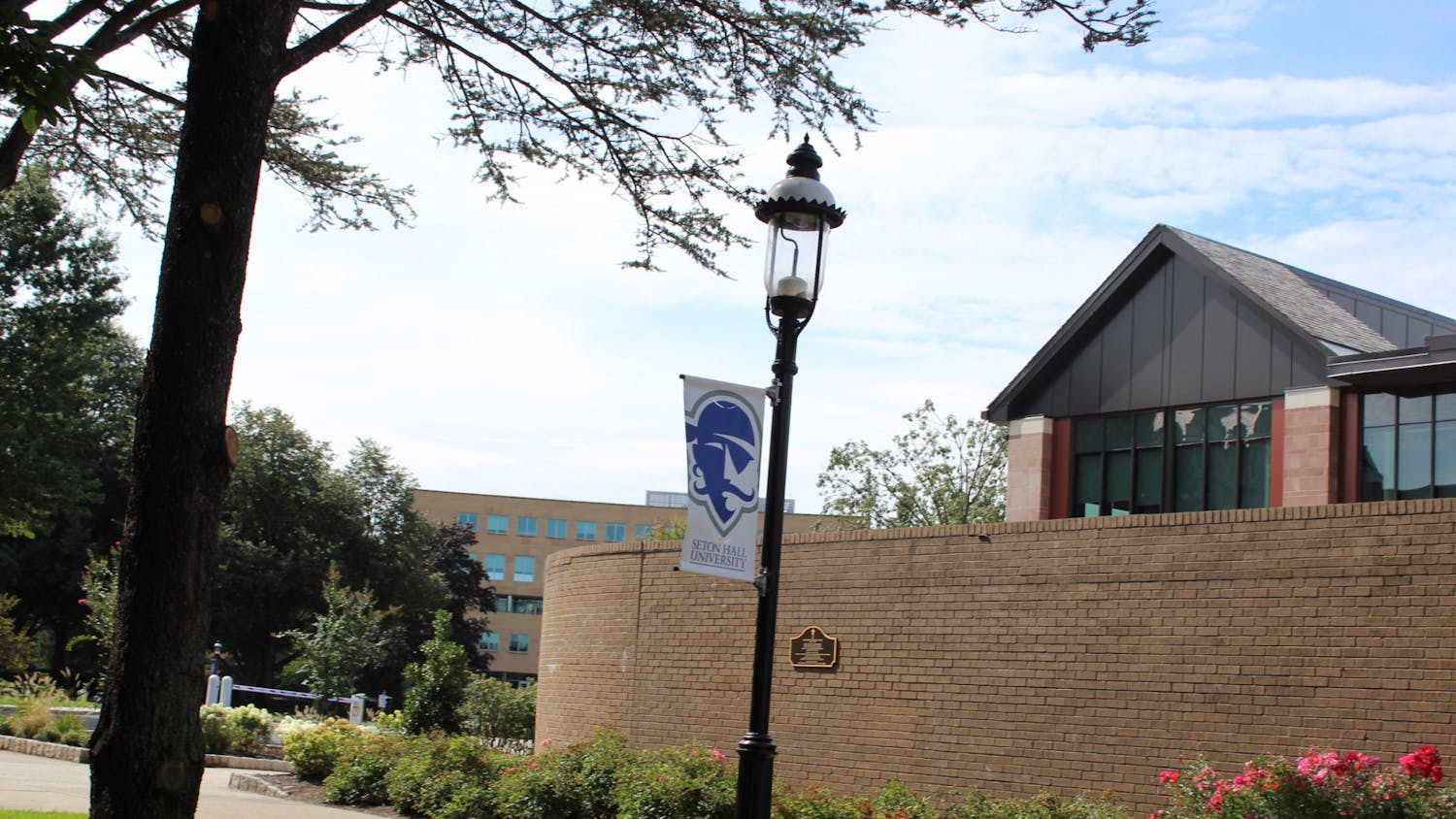
The college decided to use the donation, given by the late 1957 graduate Henry F. Roman and his family, to develop a new Ph.D. program in Communication, according to SHU’s website.
David Bohan, the vice president for University Advancement, said via email that University Advancement worked with representatives of the Roman family on the specific designation of the gift. He said he could not comment on the details of gift negotiations.
Dr. Renee Robinson, director of the Center for Graduate Studies in the College of Communication and the Arts, said that Roman was devoted to his alma mater and wished to invest in a new, innovative program that would bring further national recognition to Seton Hall, Robinson said.
“The stars really did align,” Robinson said in regard to the donation.
The creation of the Ph.D. program comes after the suspension of the Master of Arts Strategic Communication and Leadership program, commonly referred to as the MASCL program. Robinson acknowledged that the program had been a huge success for Seton Hall, but also noted that it is being reevaluated.
“The MASCL program had been incredibly successful, but it is important that we are consistently reevaluating all of our programs,” Robinson said. “We cannot create a new, unique program and then shelf it for a few years without monitoring the success of the program and making improvements where they are needed. We must build up a new norm of constant assessment.”
Also, Robinson pointed out that the College is working on re-creating programs that will appeal to younger students. She added that students favor programs that are more accessible and more affordable, while also cutting down on the time they would need to be in the classroom or online before receiving a degree.
“The field of communication changes every day with the invention of new technology. We, too, must change constantly,” Robinson added.
However, the changes have stirred controversy within the new college.
Dr. Msgr. Dennis Mahon, an associate professor of communication, was a core faculty member of the MASCL program. He said via email that the decision by College administrators to “phase out” the MASCL program was improper because it was made without the knowledge or participation of faculty members.
He referenced SHU’s Faculty Guide, section 12.2, e. and f., which states that the entire full-time faculty of SHU has the primary responsibility for recommending academic policy to the Board of Regents, through the provost and president. Part e. says that the faculty has the responsibility for, “Review and coordination of all college curricula and academic programs, including continuing education.” Furthermore, part f. says, “Review and approval of all university degree programs, existing and proposed.”
Mahon said, “setting aside for the moment what could or should be remedied in MASCL, the process of ‘phasing out’ violated the Faculty Guide and should be reversed.”
A formal grievance has been filed with University administrators.
Dr. Joan Guetti, senior associate provost, commented on Mahon’s statement in an email.
“I am disappointed that there would be a public airing of this matter which is the subject of a grievance,” Guetti said. “It is neither fair nor appropriate for anyone to comment at this point. It is premature.”
With the establishment of the new Ph.D. program, the College plans on hiring high-profile faculty, as well as awarding a handful of students and staff research fellowships in which tuition and fees will be covered by the gift from the Roman family.
Robinson has been recruiting professionals to join the new program. She said there has been a lot of faculty interest in Seton Hall’s new Ph.D. program with new lecture applicants. She also examined highly-ranked programs across the country and hopes to create a program that stands out, Robinson said.
Robinson has plans for every program within the College of Communication and the Arts. She said she wants the programs to constantly be revised and reviewed every year. She added that she hopes to accomplish this with student and faculty feedback.
“The College needs to engage the students of tomorrow,” Robinson said. “Students are the best sources to find out what works and what doesn’t work in the classroom. We must utilize their opinions and suggestions to make the new Ph.D. program, along with all programs in the College of Communication and the Arts, even better than what they are at the moment.”
Associate professor and Chair of the Communication Program, Dr. Jon Radwan, said he is confident SHU students and doctoral candidates will benefit greatly from the new program.
“Many people who earn a doctoral degree go on to become University professors, and many others go into government and industry,” Radwan said via an email interview. “A Ph.D. is a credential showing that you are an expert in your field, so you’re highly qualified for many jobs within the field.”
Furthermore, Radwan points out the significance of a degree in communication.
“Communication is the collaborative process of making meaning and coordinating shared activity,” Radwan added. “It’s a fundamental part of being human.”
One student, Claudia Sa, a junior graphic design and public affairs major, said in an email interview that she is unsure if her career goals would require her to pursue a Ph.D.
“I’ve asked people in the field of design about their thoughts on Ph.D. programs and I have determined that it isn’t necessary for my career goals, but rather something I would maybe pursue for my own personal interests,” Sa said. “Right now my goal is to pursue a career in art direction—often times a Ph.D. is not listed on the application as a requirement.”
Even though Sa said she does not believe she will pursue the new Ph.D. program, she added that she believes the program will be beneficial for the entire Seton Hall community.
“The College of Communication and the Arts is still new and full of potential, and any programs and courses that are introduced to the college that promote thinking, personal development, and academic flourish will be beneficial to students and Seton Hall as a whole,” Sa said.
Kathleen McQuarrie, a sophomore public relations and journalism major, is also unsure if she will pursue a doctoral degree in communication, as she believes that careers in her anticipated field are driven by applicant experience.
“I definitely feel that this new program will only further legitimize our school of Communication and the Arts and extend our high quality reputation nationwide,” McQuarrie said.
Megan O’Malley can be reached at megan.omalley@student.shu.edu.





